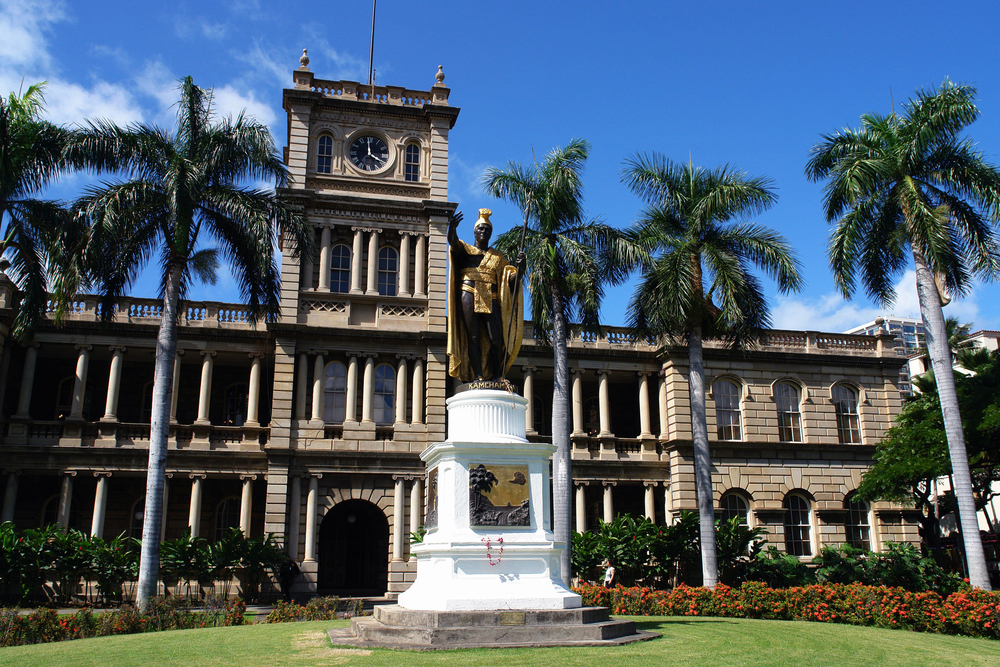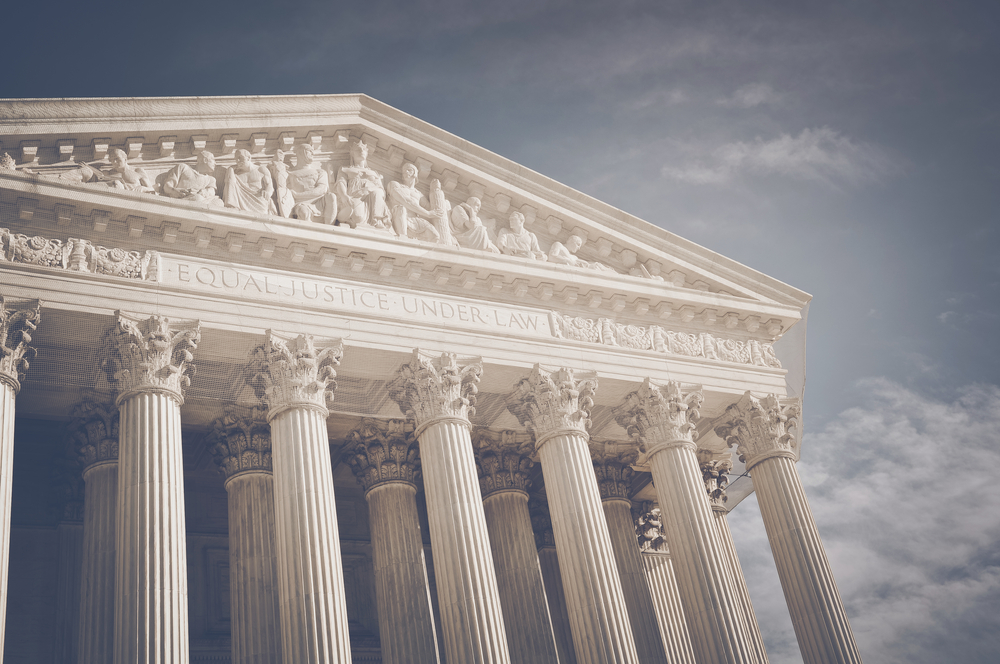When the Founding Fathers wrote the Constitution, they never envisioned how their work, the First Amendment, in particular, would impact today’s state of affairs. They could not have foreseen how Americans would be using smartphones for everything, including students who chatter away online 24/7. It was impossible to predict how the sheer force of an “app” would let teens share their innermost thoughts with dozens of friends simultaneously.
However, their work did just that.
In an 8-1 vote on June 23, the U.S. Supreme Court extended its protection of free speech to a student’s use of social media off-campus. In the case Mahanoy Area School District v. B.L., it ruled that a Pennsylvania school district should not have punished a cheerleader who used profanity directed at her school on Snapchat.
Justice Stephen Breyer wrote that although there may be an occasion for a school to step in and regulate student speech - in cases of bullying or cheating, for example - a student’s First Amendment rights are always protected. It does not matter whether the situation is on campus, off-campus, or through social media.
The Cheerleader and Her Snapchat
In 2017, when 14-year-old Brandi Levy learned she was not selected to advance from the junior varsity to the varsity cheerleading squad, she was frustrated by the decision. While hanging out with a girlfriend on a Saturday, she posted to Snapchat. They took a selfie while Levy flicked her middle finger in the air.
Levy wrote a caption:
“F*** school f*** softball f*** cheer f*** everything.”
She sent the finished post out to her Snapchat friends - 240 individuals who could view it instantly.
It didn’t take long for Levy's obscenity-filled post to get the attention of coaches and teachers; when it did, she was suspended from the cheerleading squad.
Levy appealed to the school to be reinstated, but after it rejected her request to stay on the squad, her parents filed a federal lawsuit, claiming the suspension violated their daughter’s rights. The court in Pennsylvania agreed that the punishment violated the First Amendment. The school district took its appeal to the Supreme Court.
Some may question the value of Mahanoy Area School District v. B.L., considering Levy and her friend's actions nothing more than typical teenage behavior. The Supreme Court, though, recognized its relevance.
"It might be tempting to dismiss B.L.’s words as unworthy of the robust First Amendment protections discussed herein. But sometimes it is necessary to protect the superfluous in order to preserve the necessary,” Breyer wrote.
The sole vote against the student came from Justice Clarence Thomas. In his dissent, he stressed that Levy's influential position on the cheerleading squad, an elite group that excludes most other students, made her more accountable for her words. He said students “...who are active in extracurricular programs have a greater potential, by virtue of their participation, to harm those programs."
History Repeats Itself in the Electronic Age
Levy’s case had precedence in another student free speech case that the Supreme Court weighed in on more than fifty years ago: 1969’s Tinker v. Des Moines.
Mary Beth Tinker disagreed with the U.S. government's stand on the Vietnam War. Although Tinker was not able to express her feelings through Snapchat, she shared her view by wearing a black armband in protest on school grounds. Like Levy, she was reprimanded by the school. And, like Levy, she had the support of her family when it came to her right to free speech.
In Tinker’s case, the Supreme Court decided as long as the speech was not disruptive to the school, the students "must be honored by way of the Constitution."
Recently, Tinker spoke to Rob Miraldi for the Poughkeepsie Journal about Levy's legal case and their shared experience. Although Tinker's protest with the armband was political speech while Levy’s Snapchat post was not, Tinker does not see much difference between the two.
“One of the ways to encourage young people to have a say over their lives is to allow them to express their feelings over the entirety of their lives,'' Tinker said. "It is part of being human.”














